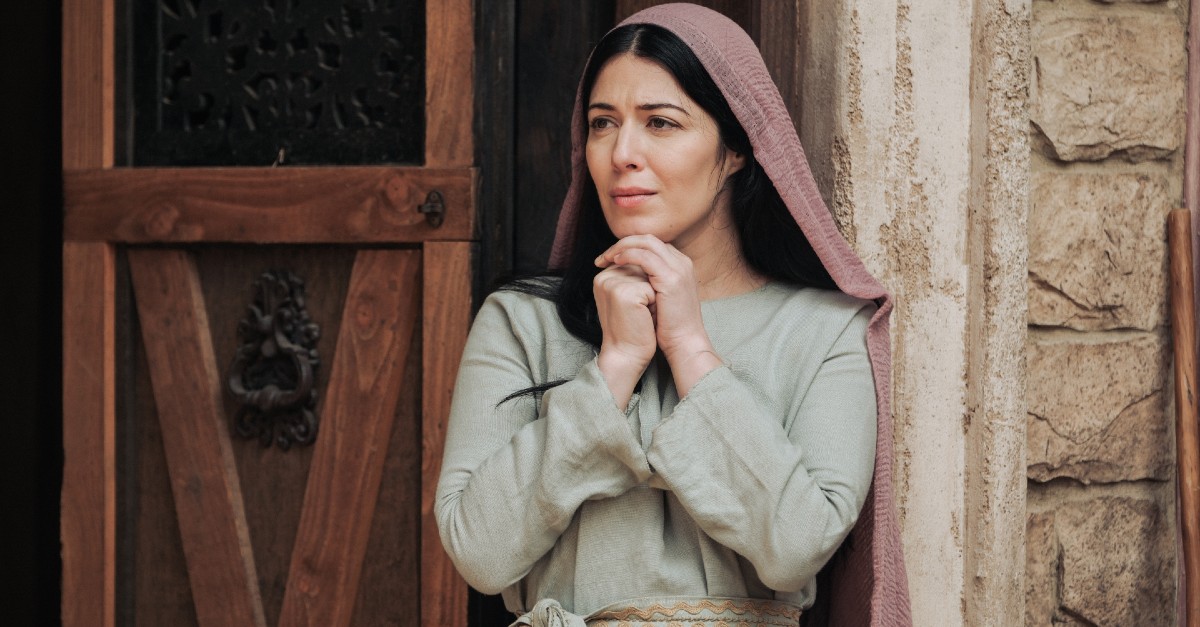Juz 21 Takeaway: The Essence of This Life and the Next One
Today we take a deep dive into Juz 21 and its main topics that revolve around how to navigate this life to succeed in it and in the next one.

Today we are taking a deep dive into Juz 21 and its main topics that revolve around the way we should strive to navigate this life if we want to succeed in it and in the next one.
Here are the main takeaways we have.
Allah (SWT) is the Sustainer
Surah Ankabut raises the question, “Do you know how to sustain yourself?”
We discuss this from both a physical and emotional perspective. Do you have the means to feed yourself, to clothe yourself, to decide if your day will go well or badly? Do you have the means to quell your heart when it is upset or rid feelings of loneliness and desperation? Or do you admit that you are utterly powerless except without the friendship and guidance of Allah (SWT)?
And how many a creature carries is not its own sustenance. Allah (SWT) provides for it and for you. And He is the Hearing, the Knowing.
— Quran (29:60)
Similar to a spider (ankabut), we are small and rely on the provision that Allah (SWT) provides to us. If you cannot deny the helplessness you fall into, except without your Lord, how can you seek to survive without him?
The fragility of human belief
Following the same theme, Surah Rum discusses the fragility of human belief if it is built on a shaky foundation. Surah Rum begins by discussing the lower life, or the life of this world, in comparison to the afterlife. The unfortunate reality is that we often get so tethered in the falsities of this world, that we forget our goals to strive towards better for the hereafter.
Allah (SWT) urges you to encompass His mercy and truth into your very existence and allow It to guide you through both the ups and downs. If you only choose to seek God in good or bad times, you are rejecting His love in moments when you need it. In an example listed in the Quran, Allah (SWT) mentions how those with weak or no Imaan may find faith enticing and beautiful in moments when their blessings (He uses crops as an example) are well and flourishing.
But if We should send a [bad] wind and they saw [their crops] turned yellow, they would remain thereafter disbelievers.
— Quran (30:51)
We see, therefore, that we are given a responsibility to check our levels of faith in moments of happiness and sadness. In the circle of life, we are bound to ebb and flow through difficulty. We must remain steadfast that no matter the circumstance, our Lord only has the best of intentions for us.
Surah Luqman, upon first glance, reminds me of a handbook on how to live life in a way that pleases the Creator.
We are given lessons on belief, respect for our parents, and the subtleties of truth that Allah (SWT) is aware of. He references a mustard seed when he discusses how little truth he can extract from the skies. Things you say or do that may seem irrelevant to you now may be asked of you in the future.
Perhaps the most poignant verse from this chapter discusses how atonement comes only from the self.
Oh people! Guard against [the punishment of] your lord and dread the day when a father shall not make any satisfaction for his son, nor shall the child be the maker of any satisfaction for his father; surely the promise of Allah is true, and therefore let not this world’s life deceive you, nor let the chief deceiver [shaitan] deceive you in respect of Allah.
— Quran (31:33)
Sajda (prostration) derives from two main meanings: both submission and repentance. In both instances, there is admittance that there is truth beyond self. Surah Sajda seeks to bring this clarity forth. Are we arrogant in how we walk the Earth? Do we submit to the will of Allah (SWT) even if it goes against our current desires or self-interests?
Turning back to Allah (SWT)
The verse that made me the most emotional was the following line.
If you could but see when the criminals are hanging their heads before their Lord, [saying], “our Lord, we have seen and heard, so return us [to the world]; we will work righteousness. Indeed, we are now certain.
— Quran (32:12)
We see the bounds of repentance from man at the end of his life where he reasons with his Lord. There is a sense of pleading where he asks Him for one more chance to pray, to seek good within the world, to shun wrongdoing, and to walk in the path of God. But it is in that moment that God provides the sinners with the consequences of their actions.
This verse, while at first glance, can seem daunting. But I like to view it as reassuring. We are given signs and opportunities throughout our lifetime to turn to him, even when we are the furthest we have ever felt for him. His bounds of forgiveness and mercy are limitless. We will never be punished for something we did not know. We will never be blindsided by the truth. This verse seeks to prove that.
In fact, we are presented with a verse from Surah Azhab that seeks to quell the hearts of the believers who may err when they have good and pure intentions in terms of crucial matters like adoption in this case.
Let your adopted children keep their family names. That is more just in the sight of Allah. But if you do not know their fathers, then they are ˹simply˺ your fellow believers and close associates. There is no blame on you for what you do by mistake, but ˹only˺ for what you do intentionally. And Allah is All-Forgiving, Most Merciful.
— Quran (33:5)
What are the verses that have moved you in Juz 21? Slide into our DMs and let us know!
What's Your Reaction?






















![Canva Tutorial For Beginners | How to Use Canva Like PRO [FREE] | Canva Full Course](https://img.youtube.com/vi/yWJp7gQqCQ8/maxresdefault.jpg)
